Scenario:
A 65-year-old adult wants to use funds from their 401(k) or future Required Minimum Distributions (RMDs) to pay off their mother’s reverse mortgage. The mother has nearly maxed out her reverse mortgage line at $560,000 on a $1.5 million home, and the loan has been transferred to HUD, where interest continues to accrue. The child is considering refinancing the loan into a conventional mortgage or purchasing the home themselves to preserve it for the family inheritance.
The central question:
Can you legally use retirement funds to refinance or assume your parent’s reverse mortgage — and what are the financial, legal, and tax consequences?
Key Issue #1 – Ownership and Control
A reverse mortgage remains in your mother’s name. You cannot assume, refinance, or take title without first paying off the reverse mortgage in full. HUD (as the loan holder) would require:
- Full repayment of the reverse mortgage balance
- Transfer or change in title
- Possible termination of reverse mortgage future protections
Adding yourself as a co-owner would disqualify the reverse mortgage entirely, forcing immediate payoff at potentially higher terms.
Key Issue #2 – Using 401(k) or RMDs to Pay It Off
- Yes, you can withdraw from a 401(k) or IRA after age 59½.
- However, withdrawals are taxed as ordinary income.
- It will not eliminate your tax obligation, nor convert your RMD into a mortgage deduction loophole.
You cannot avoid taxes by putting retirement withdrawals into real estate. In fact, it could increase your tax burden and reduce your retirement security.
Key Issue #3 – Major Risks and Family Impact
| Risk | Why It Matters |
|---|---|
| Family Disputes | Becoming sole owner may disinherit other siblings |
| Financial Exposure | Tying retirement savings to a 7-figure asset you don’t live in is highly risky |
| Estate Complexity | Title transfers could trigger gift taxes, estate challenges, insurance issues |
| Market Risk | $1.5M homes may be harder to sell in future markets |
“You may be trying to save the property, but you could jeopardize your own retirement,” advisors warn.
Key Issue #4 – Alternatives Worth Exploring
Before tapping retirement savings, consider:
✅ Sell and Preserve Wealth
Selling the home may produce substantial remaining equity, even after fees and taxes.
✅ 1031 Exchange (If Rental Status Applies)
Could defer capital gains and produce income — but only if the home qualifies as an investment property.
✅ Family Contribution Pool
Multiple heirs contribute monthly to repay the reverse mortgage — formalize this with updated estate documents.
Professional Advisors You Should Consult
| Professional | Why They’re Critical |
|---|---|
| Fiduciary Financial Planner (CFP) | To test whether you can afford this strategy without sacrificing your retirement |
| Tax Attorney / CPA | To calculate capital gains, RMD tax impact, gifting consequences |
| Estate Planning Attorney | To structure ownership fairly among siblings |
| Elder Law Specialist / Family Mediator | To prevent inheritance disputes and address long-term housing plans |
Bottom Line
Using retirement funds to “rescue” a parent’s reverse-mortgaged home is legally possible — but often financially dangerous. You cannot bypass taxes, you cannot assume the reverse mortgage, and you risk destabilizing your own retirement while potentially igniting family conflict.
If the goal is to protect your mother, first decide where she will live, how care will be funded, and how the family intends to share responsibility — before tying yourself to a $560,000+ debt.
Best first step: Speak with a fee-only fiduciary planner and an estate/tax attorney before making any move. Simplicity, not complexity, is usually the safer path into retirement.

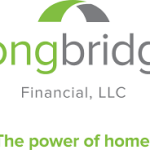




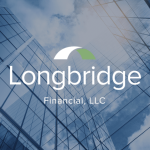
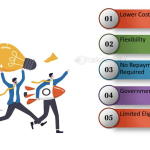

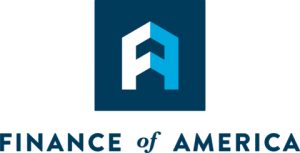
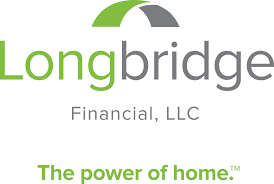



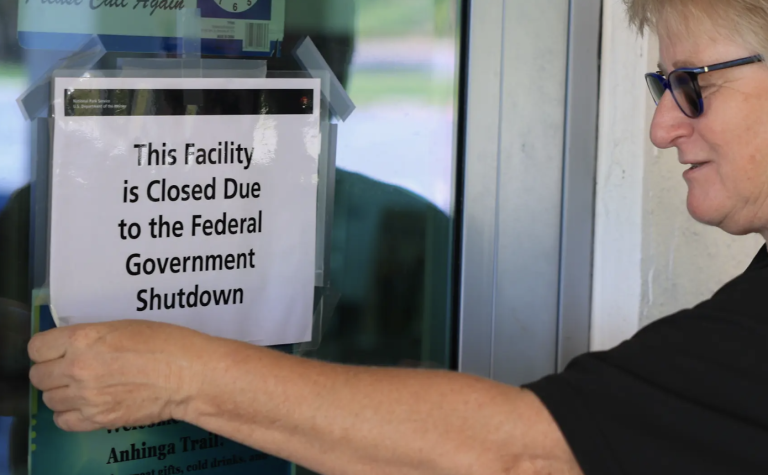

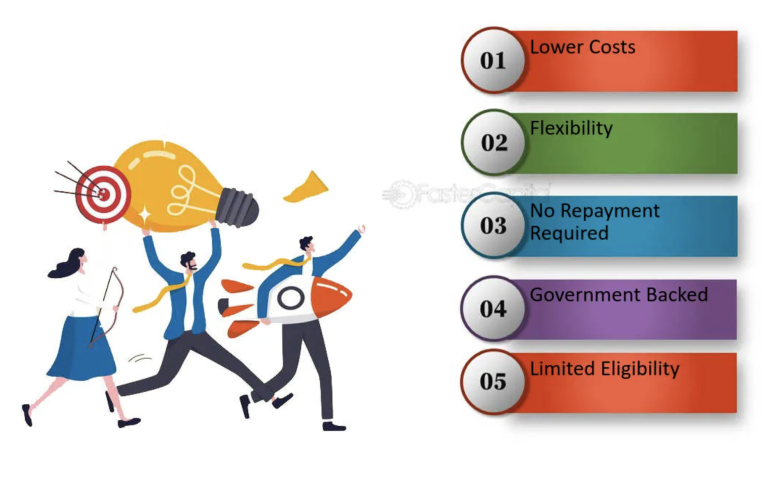
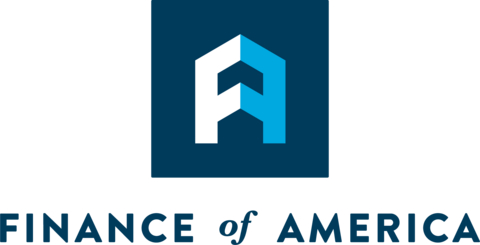


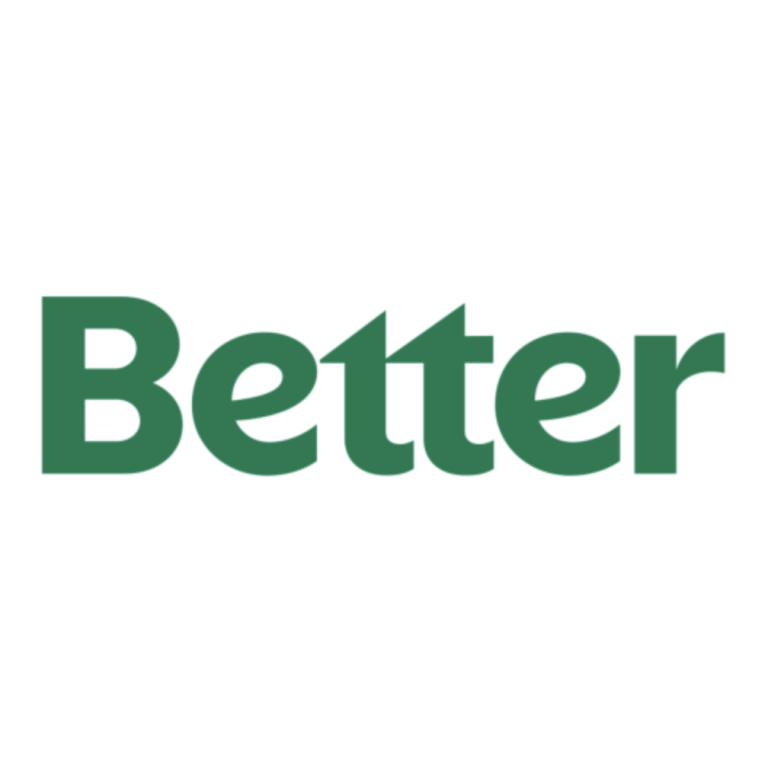
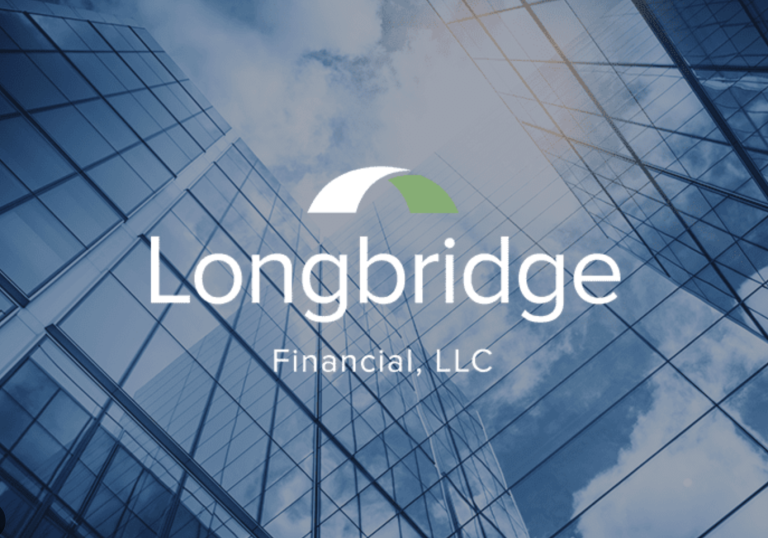
+ There are no comments
Add yours